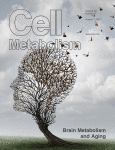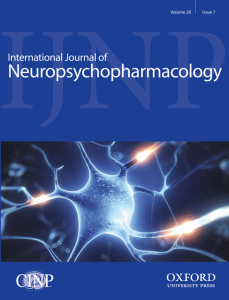 A group of authors have withdrawn a paper after revealing a litany of issues to the journal that published it. Among those issues were “scientifically misleading errors,” “insufficient” validation, and a disagreement between the researchers on whether it should have been published at all.
A group of authors have withdrawn a paper after revealing a litany of issues to the journal that published it. Among those issues were “scientifically misleading errors,” “insufficient” validation, and a disagreement between the researchers on whether it should have been published at all.
“Optimal DNA structure of reverse-hairpin beacons for label-free and positive surface enhanced Raman scattering assays,” originally published in June in Optical Materials Express (OMEx), was retracted Aug. 7. The paper purported to describe a detection method for RNA associated with influenza virus. It has not yet been cited, according to Clarivate Analytics’ Web of Science.
Here’s the full list of issues cited in the retraction notice: Continue reading “Scientifically misleading errors” prompt authors to withdraw paper
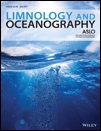 An oceanography journal has retracted a 2017 paper by a group of researchers in China after learning from a reader that one of the authors had a bogus affiliation in the United States.
An oceanography journal has retracted a 2017 paper by a group of researchers in China after learning from a reader that one of the authors had a bogus affiliation in the United States. 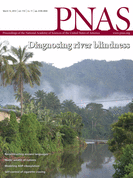
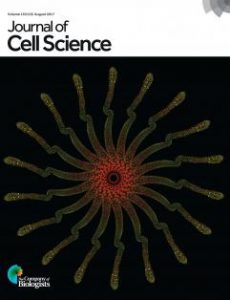
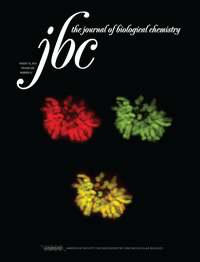

 Does failing to disclose that you were once a leader in the “Axis of Evil” deserve retraction?
Does failing to disclose that you were once a leader in the “Axis of Evil” deserve retraction? 
